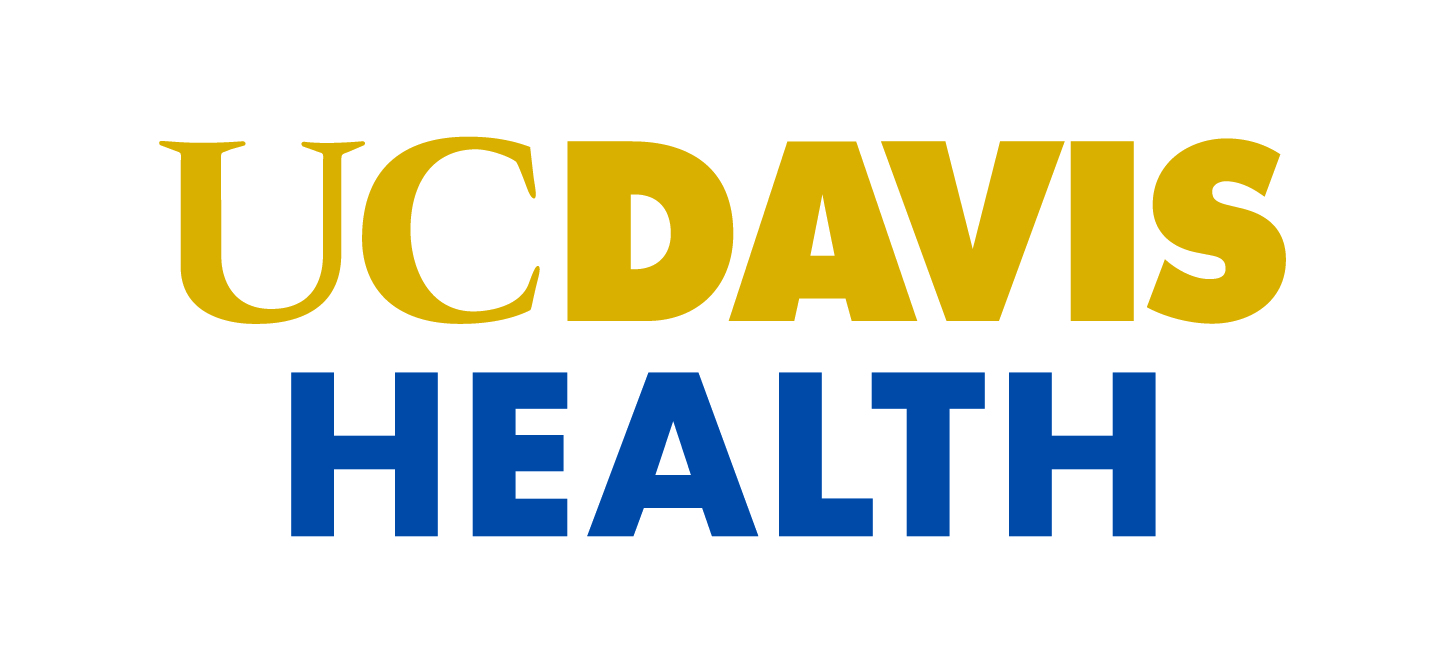Newswise — Researchers at UC Davis, City of Hope, Taipai Medical University and National Health Research Institutes in Taiwan have discovered how a drug that deprives the cells of a key amino acid specifically kills cancer cells. Their paper, published today in Proceedings of the National Academy of Sciences, is the culmination of nearly a decade of research into the role of arginine – and its deprivation – in the generation of excessive autophagy, a process in which the cell dies by eating itself.
Study co-author Hsing-Jien Kung, a renowned cancer biologist and UC Davis professor emeritus who now leads the National Health Research Institutes in Taipei, Taiwan, first discovered the mechanism by which arginine deprivation works in 2009, when he led basic science research at the UC Davis Comprehensive Cancer Center.
“Traditional cancer therapies involve ‘poisoning’ by toxic chemicals or ‘burning’ by radiation cancer cells to death, which often have side effects,” Kung said. “An emerging strategy is to ‘starve’ cancer cells to death, taking advantage of the different metabolic requirements of normal and cancer cells. This approach is generally milder, but as this study illustrates, it also utilizes a different death mechanism, which may complement the killing effects of the conventional therapy.”
The discovery led to the further development of a drug now being tested in several clinical trials against melanoma, prostate, liver, sarcoma and other cancers that lack an enzyme that helps synthesize arginine, an amino acid with an essential role in cell division, immune function and hormone regulation.
The study published today describes how arginine starvation specifically kills tumor cells by a novel mechanism involving mitochondria dysfunction, reactive oxygen species generation, nuclear DNA leakage and chromatin autophagy, where leaked DNA is captured and “eaten” by giant autophagosomes.
Unlike apoptosis, a cell-death process in which the DNA is damaged within the cell nucleus, in chromatin-autophagy the nucleus is fragmented and its pieces shuttled off to the lysosome (an organelle within the cell membrane) where the fragments are degraded.
“It has long been recognized that some cancer cells are resistant to apoptosis,” said Richard Bold, professor and chief of surgical oncology at the UC Davis Comprehensive Cancer and a co-author of the study. “Now, we have another way to induce cells to undergo death that overcomes resistance to traditional apoptosis associated with cancer.”
The authors suggest that using arginine-deprivation induced autophagy may also spare patients the toxicity associated with chemotherapy alone.
The drug examined in the study is ADI-PEG20, developed by Polaris Pharmaceuticals of San Diego. ADI-PEG20 is an enzyme that degrades arginine, which normally would be available to the cell, breaking it down into its precursors. The agent is currently in phase III clinical trials in liver cancer, phase II in melanoma and phase I in prostate cancer.
Primo Lara, UC Davis oncologist and associate director of translational research at the cancer center, led a phase I study of the drug in patients with advanced lung, prostate and oral cancers. He reported that combined with a chemotherapy agent, the drug was feasible and reasonably tolerated. He is currently recruiting advanced prostate cancer patients for a new phase I trial of the drug combination.
“This opens up a new field,” said Bold. “Now we search for other agents that use this method and translate those into clinical trials.”
The studies were initiated by the Kung and Bold laboratories at UC Davis, and continued at Taipei Medical University and the National Health Research Institutes. Other authors include Chun A. Changou, Li Xing, Yun Yen, Frank Y.S. Chuang, and R. Holland Cheng, all of UC Davis, and David Ann and Yun-Ru Chen of City of Hope.
UC Davis Comprehensive Cancer Center is the only National Cancer Institute-designated center serving the Central Valley and inland Northern California.Its specialists provide compassionate, comprehensive care for more than 10,000 adults and children every year, and access to more than 125 clinical trials. Its research program engages more than 280 scientists at UC Davis, Lawrence Livermore National Laboratory and Jackson Laboratory (JAX West).Through the Cancer Care Network, UC Davis collaborates with hospitals and clinical centers throughout the Central Valley and Northern California to offer the latest cancer-care services to their communities. UC Davis’community-based outreach and education programs address disparities in cancer outcomes across diverse populations. Visit http://cancer.ucdavis.edu.
